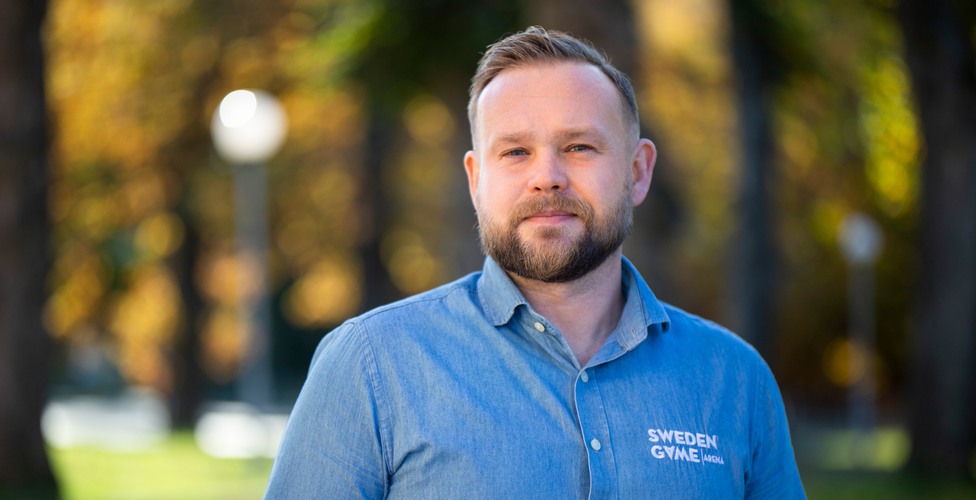The games industry is a global industry. This means that regardless of where in the world a game developer is based, they have a global playerbase and may need to adapt their games accordingly. Marcus Toftedahl, PhD Student at the University of Skövde, has taken a closer look at what small game companies need to do, to adapt their games to different markets around the world.

Digital games are played all over the world. In 2022, over three billion people are expected to have played a computer game*. This puts high demands on game developers that want to be a part of the global games market.
Marcus Toftedahl, PhD Student in Informatics at the University of Skövde, has studied what small game companies need to know and plan for, in order to adapt their game to other markets than their own.
The research has been a part of the project Game Hub Scandinavia, involving parties from the games industry, academia and various public actors. The purpose of the project has been to understand and describe what happens in the game development process – with a focus on localization and the globalness of the games industry.
“We know too little about how games are developed "in the wild". There is a large gap between research and industry, where we as researchers have little insight into the actual development processes. We need to know more about these matters, so that we can help up and coming game developers better.”
Collected data in China and India
In order to understand the challenges and opportunities game developers have in different parts of the world, Marcus Toftedahl has collected his research data on site at companies in Sweden, China and India.
“It has been very exciting to be able to travel and experience such different cultural aspects around games and game development. Developers all around the world are passionate about making games, and it doesn't differ that much between the different regions. The big challenge for me has been to keep the focus on localization during the project. There is so much more within a game development process that relates to localization; technical aspects, incubators, government support and so on. And this is something that differs greatly between countries.”
Language becomes first priority
The research shows that translation of in-game text is what smaller game studios focus on when working with localization. With limited resources, there is simply no capacity and means to take cultural differences, other than the linguistic, into account. The cultural aspects such as different meanings of symbols or references to different pop cultural phenomena are examples that also need to be taken into account if something is to be completely localized, but rarely handled by small studios due to limited resources.
“My limitation has been in understanding how small business owners work with limited resources. Then language is what you have power over, if even that.”
Many studios, especially startups, forget that there are players who don't understand English or the language the company is developing the game in. It is therefore important that companies think about creating the right conditions from the start. That way, they avoid the expensive and time-consuming process of reprogramming the entire game once it's on the global gaming market, and there's feedback from players around the world, who want the game in their own language.
The result is presented in a picture book
In order to more easily reach out to the game companies with his results, Marcus Toftedahl, in addition to his thesis, has created a picture book. The findings have also resulted in the course Game Production, which is given at the University of Skövde. The book is included as course literature.
Soon Marcus Toftedahl will start working as a business coach at Science Park Skövde. He hopes to bring his experiences from research and teaching into his conversations with the startup companies he will come into contact with.
“We want to continue to have the best startup game companies here in Skövde. To maintain that, we must continue to research game development.”
Marcus Toftedahl defends his thesis "Being Local in a Global Industry - Game Localization from an Indie Game Development Perspective" on Thursday 29 September at the University of Skövde.
*A recent report (newzoo.com) predicts that the number of people who have played a digital game during 2022 will reach 3.2 billion.

